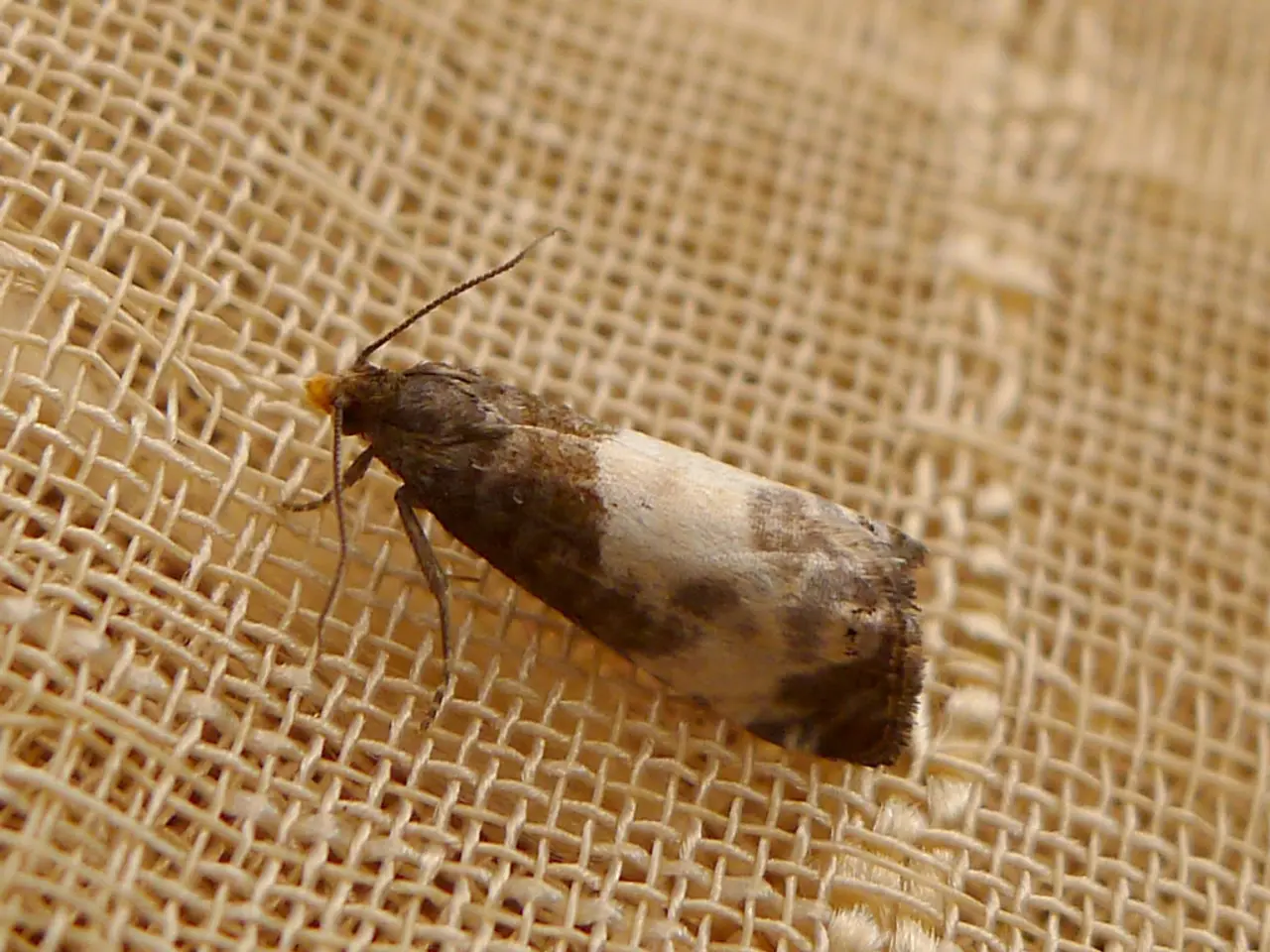MS Itching Explained: Underlying Reasons and Natural Remedies
**Managing Itching in Multiple Sclerosis: A Comprehensive Approach**
While Multiple Sclerosis (MS) is primarily associated with symptoms like numbness, tingling, and vision problems, itching can also be a bothersome symptom for some patients. Although descriptions of MS-related itch sensations are less common compared to other sensory symptoms, it is recognised as a potential symptom that can impact quality of life.
## Understanding MS Itch Sensation
Itching in MS, like other forms of pruritus, can manifest in various ways. While specific descriptions are not well-documented, it is acknowledged as a potential symptom that can impact the daily lives of those affected. Neurological itching, also known as neuropathic itch, is an itch caused by a problem in the neurons of the brain, and it can occur in any part of the body, including the hands and feet.
## Managing Itching in MS: A Multi-faceted Approach
Effective management of itching in MS often involves a combination of medication, lifestyle adjustments, and tailored treatments under medical supervision.
### General Management
Itching in MS can be managed with antihistamines, topical corticosteroids, or other anti-itch medications. Hydroxyzine (Atarax), an antihistamine, is frequently prescribed by doctors to treat MS-related itch.
### Specific Treatments
Newer treatments, such as HSK21542, are being developed to manage itch. This drug has shown efficacy in halting the transmission of itch signals by affecting dorsal root ganglia and peripheral sensory nerves.
### Lifestyle Adjustments
Keeping the skin moisturized and avoiding irritants can also help manage itching. Cool compresses or oatmeal baths may provide relief. Wearing cotton gloves or socks over the hands at night may reduce the chances of scratching the skin while sleeping.
### Consult a Healthcare Provider
For effective management, it's crucial to consult with a healthcare provider to determine the best approach based on individual circumstances.
## Alternative Treatments
While there is not enough research to show that acupuncture has benefits for MS, it is likely to be safe when practiced by a trained and qualified practitioner using sterile single-use needles. Acupuncture may be helpful in managing various MS symptoms, according to the National MS Society. Some surveys have found that 20-25% of people with MS have tried acupuncture.
Reflexology, which involves applying pressure to specific areas on the feet, hands, and ears, may also be beneficial in managing MS symptoms, although evidence is limited. The American Academy of Neurology notes that there is weak evidence that reflexology may help with irregular nerve pain.
While using a Transcutaneous Electrical Nerve Stimulation (TENS) unit to treat an itch is not widely recommended, anyone with access to a TENS unit should talk with their doctor before using it to treat an itch.
In managing MS-related itching, it's important to avoid triggers that appear to make itching and other neurological sensations worse. This may include using air conditioning to keep cool or wrapping up to stay warm in cold weather. Scratching an MS itch is not recommended, as it may make the itch feel worse and irritate the skin.
By understanding the potential causes and management strategies for MS-related itching, patients can work with their healthcare providers to develop a personalised plan to manage this sometimes bothersome symptom.
- Recognizing itching as a potential symptom in Multiple Sclerosis (MS) is crucial, as it can impact the quality of life for some patients.
- Neurological itching, or neuropathic itch, can manifest in various parts of the body, including the skin of the hands and feet.
- Managing itching in MS often demands a multi-faceted approach, integrating medication, lifestyle alterations, and expert medical guidance.
- Antihistamines, such as Hydroxyzine (Atarax), are frequently prescribed to treat MS-related itch.
- Newer treatments, like HSK21542, are under development to manage itch, focusing on halting its transmission signals.
- Maintaining moisturized skin and reducing exposure to irritants can also aid in managing itching.
- For adequate management, it's essential to consult with healthcare providers to customize an approach based on a person's unique circumstances.
- While there is limited research, acupuncture may be safe for managing MS symptoms and is explored by the National MS Society.
- Reflexology, which involves pressure application on specific body areas, may offer relief for various MS symptoms, although evidence is scant.
- The American Academy of Neurology has noted weak evidence suggesting reflexology may help manage irregular nerve pain.
- Using Transcutaneous Electrical Nerve Stimulation (TENS) units to treat itch is not widely recommended; patients should consult with their doctors before using one.
- In managing MS-related itching, it's advisable to avoid triggers that seem to worsen neurological sensations.
- Scratching an MS itch is not recommended, as it could exacerbate the itch and irritate the skin.
- Awareness of potential causes and management strategies for MS-related itching empowers patients to work collaboratively with healthcare providers to create a personalized plan.
- Diabetes, skin conditions like psoriasis and dermatitis, and conditions such as Spondylitis, COPD, HIV, and Alzheimer's can also impact the health and wellness of individuals.
- Fitness and exercise, mental health, skin care, and nutrition are essential components of overall health and wellness.
- Those affected by Multiple Sclerosis (MS) or other medical conditions should be aware of potential MACULAR degeneration and predisposition to multiple sclerosis, neurological disorders, and atopic rashes.
- Migraines, sinus infections, and ankylosing spondylitis are additional medical-conditions that may require management and preventive care.
- In managing health-related issues such as itching in MS, it's vital to understand multiple factors, including the predictive role of genetics, lifestyle, and environmental influences on various health-and-wellness related conditions, like cancer, AQ deficiency, sclerosis, and HIV.




